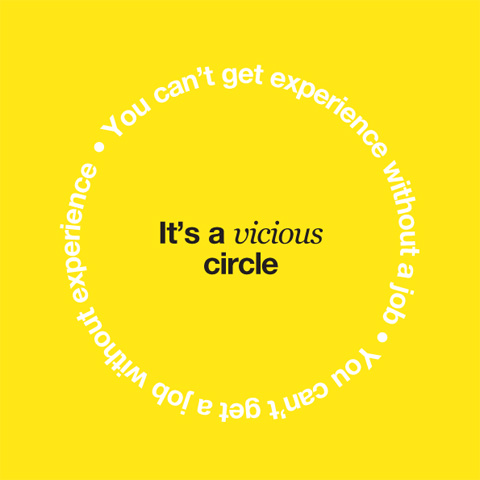
Social enterprise is an important part of the Sauder community. The ARC initiative at Sauder combines business with social responsibility, similar to the United Nations. The United Nations is an organization “committed to maintaining international peace and security; developing friendly relations among nations; promoting social progress, better living standards and human rights”.
Even if the United Nations was fully funded, we would still need ARC and social enterprise. Although they are similar, they each offer different things. The United Nations is more on the political side and focuses on the big picture. ARC on the other hand, focuses more on the specifics of the business world in developing areas. Both of these groups are necessary because they target and help different groups of people. For example, the United Nations deals with issues such as Ebola, Syria, the Ukraine, and many others. These problems are very large-scale matters, so it is important that we have the right people solving them. ARC is not on the same level, however it still makes a difference. By teaching students how to use business skills while making change, ARC is instilling the right values into the future leaders of our world.
Sources:
https://careers.un.org/lbw/home.aspx?viewtype=WWD
http://www.sauder.ubc.ca/Global_Reach/ARC_Initiative/About_ARC
Photo Source:
http://kiecocenterorg.ipage.com/demo22/wp-content/uploads/2013/06/SocialEnterprise_graphic2.png




